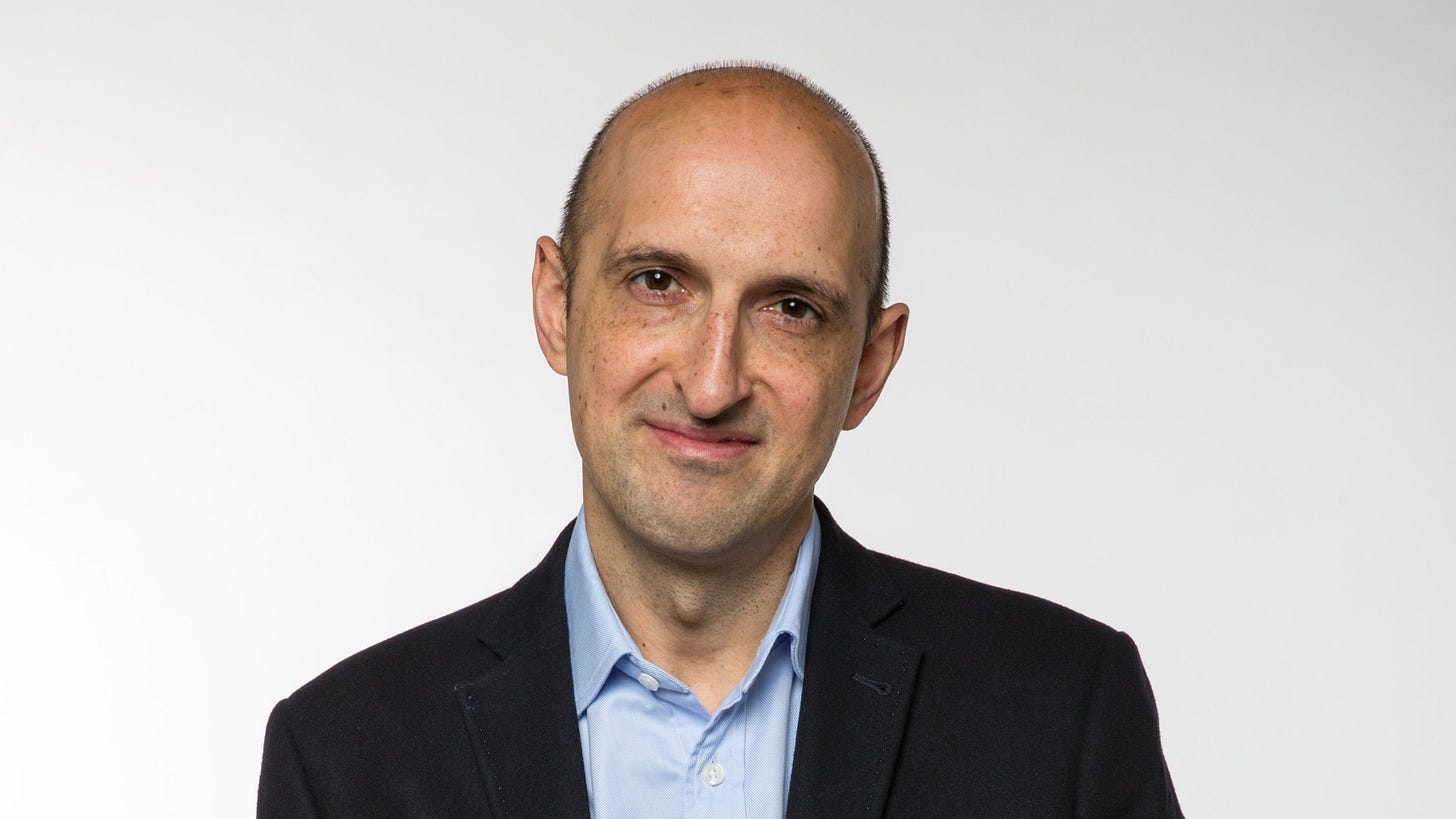Matthew Syed’s arc is fascinating. Initially, he spent his career securing glory at the Commonwealth Table Tennis Championships throughout the late 1990s and early 2000s and representing Great Britain at the Barcelona and Sydney editions of the Olympic Games (1992 and 2000 respectively). While still competing, he entered the world of journalism, later becoming a writer full-time. Since 1999, he has written for The Times and published several critically acclaimed books for both adults and children.
So why did we invite him on?
Having demonstrated excellence in two wildly different fields, Matthew himself is a rarity. That alone is remarkable and worthy of an interview in itself. But he’s also one of our favourite columnists, and we’ve been hoping he would join us for a while. With no shortage of subjects to explore regarding British politics, now seemed like the right time.
What did we talk about?
Cousin marriage has, troublingly, become a divisive issue in Britain. MPs defending its legality in Parliament, critics asking what it says about our country that this is even a subject worth debating. As the son of a Pakistani immigrant, Matthew’s perspective is fascinating, and it made for one of the most interesting discussions we’ve had on the show. Recently, he took a sabbatical to research the subject, and what he learned staggered him.
So why does it matter? Matthew Syed explained how the outlawing of cousin marriage 1500 years ago transformed British society. By banning the most primal form of tribalism, the country saw a reduction in several social ills: nepotism, corruption, and injustice. It also correlates with effects on national GDP, the strength of institutions, and other significant outcomes. Cousin marriage isn’t ‘merely’ a health issue - it’s a sociopolitical one.
“[It’s] been a disaster. Outlawing it would help build bridges to the wider society, and would help people understand that you can be a Muslim and someone who believes in the liberal values that have led to prosperity … I think it’s a really big deal.”
Matthew shared some of the unbelievable statistics he came to learn, and the “scandalous” coverup he observed in academic fields. We won’t list them here, but believe us when we say they are cause for alarm.
But why isn’t it more widely known? Konstantin asks Matthew why he thinks the academic institutions went to such lengths to deny the truth.
”They’re afraid of appearing racist … My feeling is that science should look for truth, and we as a society benefit from hearing the truth. It is therefore not racist to say anything that is factual … I think science has been corrupted.”
Matthew’s admiration for the field is self-evident, and it only makes his admission more painful. Science, if nothing else, ought to be objective - it should not reflect political moods, sways and biases. As Matthew puts it, “We’ve lost sight of its beauty and power.”
But why is this happening? We discussed the “moral cowardice” that allows Labour to entertain blasphemy laws, or for MPs to ignore information that would lead to the good of the tribe in favour of individuals with fringe interests that run counter to it. How do we discuss the important truths that make people uncomfortable? Does it help explain the grooming gangs crisis?
Keep reading with a 7-day free trial
Subscribe to TRIGGERnometry to keep reading this post and get 7 days of free access to the full post archives.





